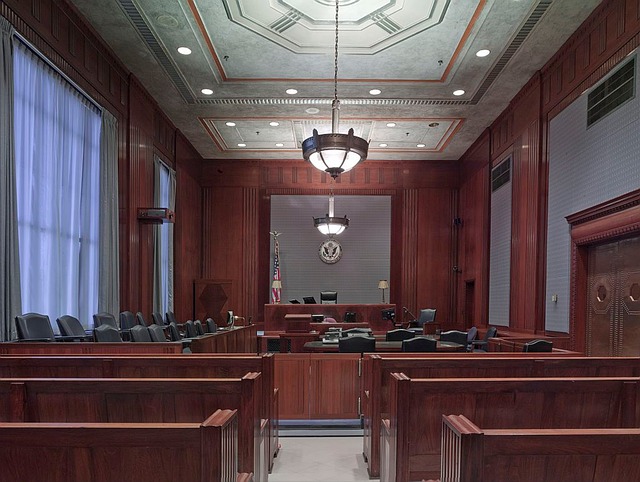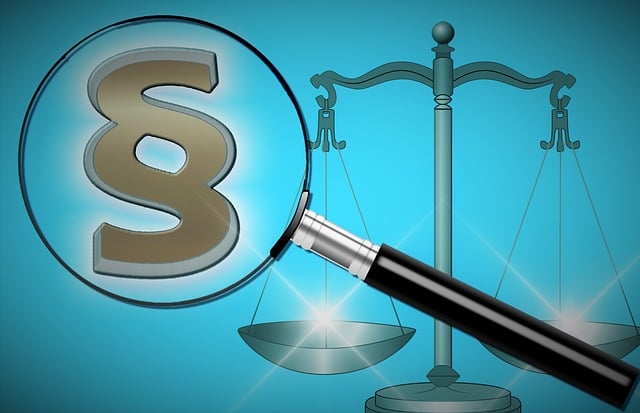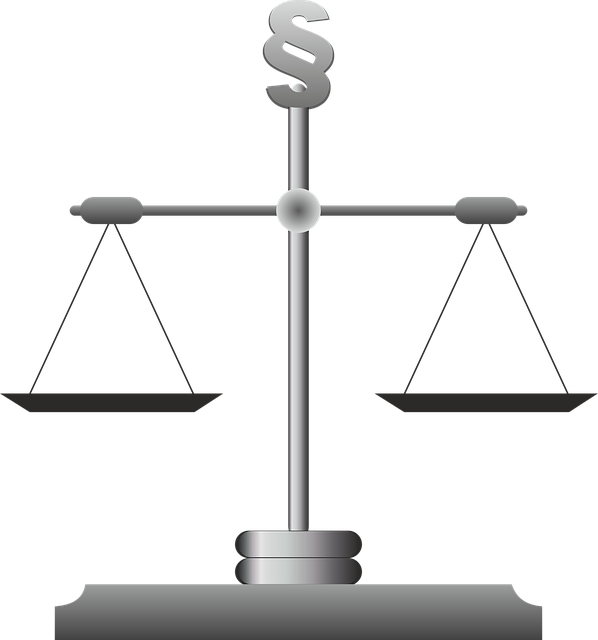Regulatory fraud laws combat intentional deception in various industries, with structured Criminal Procedure Timeline (from arrest to trial) ensuring fair prosecution. Philanthropic and political entities influence law-making. Facing charges? A proactive defense includes meticulous record-keeping, risk management, legislative awareness, and industry best practices for navigating the timeline confidently.
Regulatory fraud laws are designed to protect the integrity of markets and safeguard public interests. This article delves into the intricacies of these laws, providing a comprehensive understanding of their definitions, scope, and how they navigate the intricate Criminal Procedure Timeline from Arrest to Trial. We explore practical strategies for defense and risk mitigation in fraud cases, equipping readers with valuable insights into managing these complex legal challenges effectively.
- Understanding Regulatory Fraud Laws: Definitions and Scope
- The Criminal Procedure Timeline: From Arrest to Trial
- Strategies for Defense and Mitigating Risks in Fraud Cases
Understanding Regulatory Fraud Laws: Definitions and Scope

Regulatory fraud laws are a crucial set of rules designed to protect the integrity of various industries and sectors. These laws cover a wide range of activities, from financial misdeeds to false representations in regulatory filings. At its core, regulatory fraud involves intentional deception aimed at gaining an unfair advantage or evading compliance with established regulations. Understanding these laws is essential for both businesses and individuals to ensure they navigate legal requirements accurately and ethically.
The scope of regulatory fraud is vast, encompassing various acts such as insider trading, price manipulation, false advertising, and corrupt business practices. These offences can have significant implications, including civil penalties, criminal charges, and damage to an organisation’s reputation. The Criminal Procedure Timeline from Arrest to Trial provides a structured process for addressing these cases, ensuring fairness and due process. Across the country, both philanthropic and political communities play vital roles in shaping and enforcing regulatory fraud laws, thereby fostering trust and accountability in business dealings.
The Criminal Procedure Timeline: From Arrest to Trial

The Criminal Procedure Timeline: From Arrest to Trial is a critical aspect of understanding how regulatory fraud cases unfold. Following an arrest, the accused is brought before a magistrate judge for an initial appearance, where they are informed of the charges and potential penalties. During this stage, legal counsel can be appointed or retained, marking a pivotal moment in constructing a winning challenging defense verdicts strategy. The defendant then has the opportunity to enter a plea, either guilty, not guilty, or no contest.
If a trial is warranted, pretrial hearings are held to address motions and evidence, shaping the course of the upcoming trial. This process involves extensive preparation for both prosecutors and defenders, especially in complex white collar defense cases. The trial itself paves the way for presenting arguments, calling witnesses, and submitting evidence before a jury or judge. Ultimately, the verdict determines the outcome, with the possibility of appeals based on legal errors or insufficient proof. This timeline underscores the importance of prompt and effective legal representation in navigating the complexities of the justice system, particularly within the philanthropic and political communities where reputational and regulatory stakes can be high.
Strategies for Defense and Mitigating Risks in Fraud Cases

When facing regulatory fraud charges, a robust defense strategy is paramount. One effective approach involves meticulous record-keeping and documentation to demonstrate compliance with regulations. This includes producing transparent financial records, detailed transaction logs, and comprehensive internal controls that adhere to legal standards. By implementing these practices from the outset, businesses can mitigate risks and create a strong evidentiary foundation should they ever face scrutiny.
Additionally, proactive risk management plays a crucial role in fraud prevention. This involves regular audits, employee training on ethical conduct, and robust reporting mechanisms. For corporate and individual clients alike, understanding and adhering to the evolving regulatory landscape is essential. By staying informed about legislative changes and industry best practices, entities can navigate complex legal requirements, reduce exposure to fraud allegations, and potentially achieve extraordinary results, culminating in a complete dismissal of all charges if evidence warrants it.
Regulatory fraud laws are essential components of our legal system, designed to protect against deceptive practices that harm individuals and institutions. By understanding the definitions and scope of these laws, along with the criminal procedure timeline from arrest to trial, defendants can better navigate potential risks. Knowledgeable defense strategies and proactive risk mitigation are key to ensuring fairness in fraud cases, ensuring that justice is served without undue processes. Remember, awareness and preparedness are vital in navigating any legal challenge.






